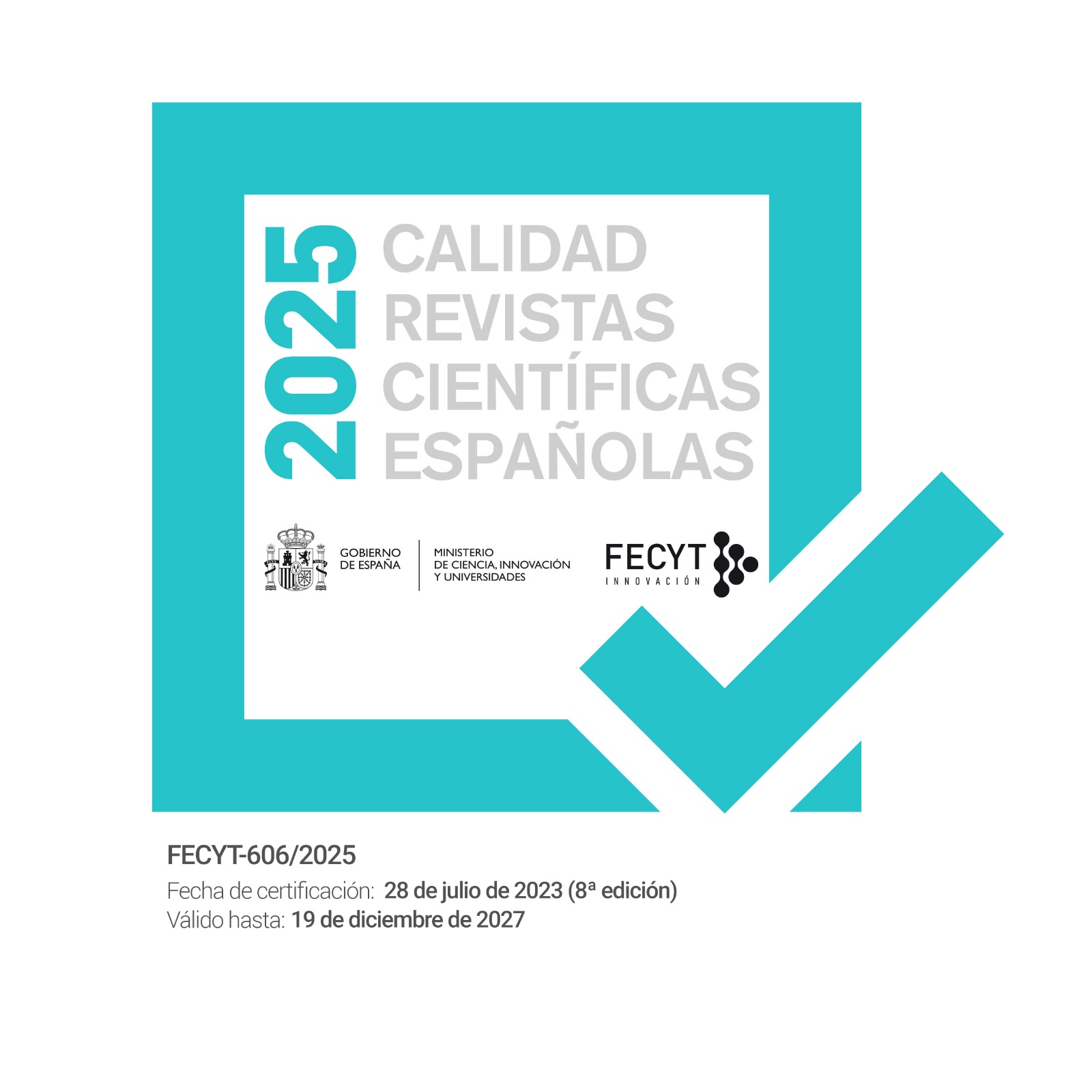The rise of dangerousness in the Spanish criminal law (1870-1931)
The case of insane offenders: Medical experts vs. judges and criminal lawyers?
Palabras clave:
The positivistic school of criminal law, dangerousness, insane offenders, criminal responsability, lawyers, judges, medical doctorsResumen
Positivistic theories defended that criminals had no responsibility of their acts because they were notably determined by their inclinations. Such theories were received not only in social sciences, but also – and above all – in the medical sciences. This article describes how the criminal responsibility of insane offenders became controversial in the late nineteenth and early twentieth centuries in Spain due to the reception of the positivistic school in Europe. In doing so, doctrinal sources and scholarly controversies between medical experts and criminal lawyers are studied (1870-1931).
Descargas
Descargas
Publicado
Cómo citar
Número
Sección
Licencia
Derechos de autor 2023 GLOSSAE. European Journal of Legal History

Esta obra está bajo una licencia internacional Creative Commons Atribución-NoComercial-SinDerivadas 4.0.
Creative Commons Reconocimiento-NoComercial-SinObraDerivada 4.0 España (CC BY-NC-ND 4.0 ES)




